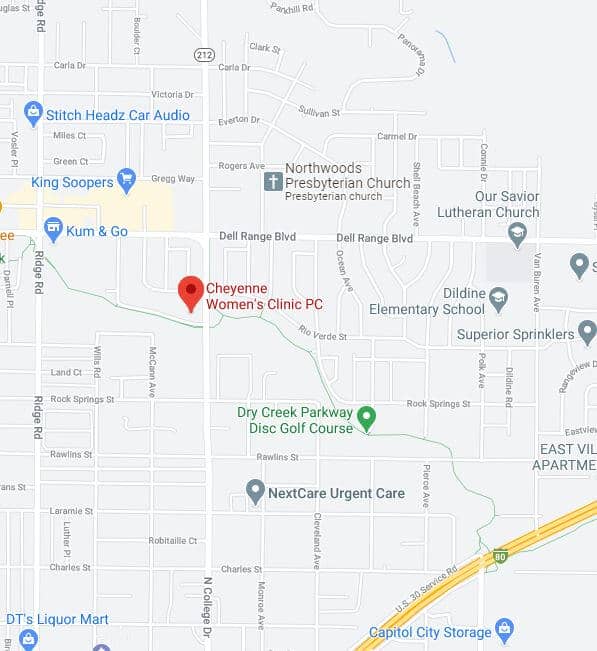PCOS affects all areas of the body, not just the reproductive system. It increases a woman’s risk of serious conditions that may have lifelong consequences.
Insulin resistance increases the risk of type 2 diabetes and cardiovascular disease. Another condition that is associated with PCOS is metabolic syndrome. This syndrome contributes to both diabetes and heart disease.
Some women with PCOS develop a condition called endometrial hyperplasia in which the lining of the uterus becomes too thick. This condition increases the risk of endometrial cancer.
Women with PCOS also may be at higher risk of sleep disorders, such as sleep apnea. The risk of depression also is higher with PCOS.
Acanthosis Nigricans: Patches of skin that are thicker, darker, and like velvet. This condition is associated with diabetes or prediabetes.
Androgens: Hormones made by the body that cause male characteristics, such as a beard and deepening voice.
Cardiovascular Disease: Disease of the heart and blood vessels.
Cells: The smallest units of a structure in the body. Cells are the building blocks for all parts of the body.
Cholesterol: A natural substance that is a building block for cells and hormones. This substance helps carry fat through the blood vessels for use or storage in other parts of the body.
Depression: Feelings of sadness for periods of at least 2 weeks.
Diabetes Mellitus: A condition in which the levels of sugar in the blood are too high.
Endometrial Cancer: Cancer of the lining of the uterus.
Endometrial Hyperplasia: A condition in which the lining of the uterus grows too thick.
Estrogen: A female hormone produced in the ovaries.
Glucose: A sugar in the blood that is the body’s main source of fuel.
Hirsutism: Excessive hair on the face, abdomen, and chest.
Hormones: Substances made in the body that control the function of cells or organs.
Infertility: The inability to get pregnant after 1 year of having regular sexual intercourse without the use of birth control.
Insulin: A hormone that lowers the levels of glucose (sugar) in the blood.
Menstrual Periods: The monthly shedding of blood and tissue from the uterus.
Metabolic Syndrome: A combination of problems, that can lead to diabetes and heart disease. These problems include high blood pressure, waist circumference of 35 inches or greater (in women), higher-than-normal blood sugar level, lower-than-normal levels of “good” cholesterol, and high levels of fats in the blood (triglycerides).
Obesity: A condition characterized by excessive body fat.
Ovaries: The organs in women that contain the eggs necessary to get pregnant and make important hormones, such as estrogen, progesterone, and testosterone.
Ovulation: The time when an ovary releases an egg.
Progestin: A synthetic form of progesterone that is similar to the hormone made naturally by the body.
Sleep Apnea: A disorder that causes interruptions of breathing during sleep.






